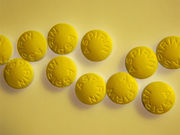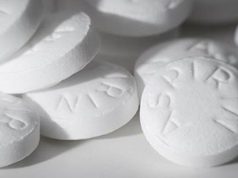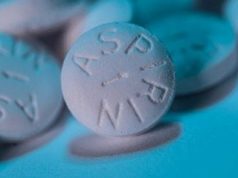Anticoagulants — not aspirin — dramatically cut the risk of stroke, researchers say
TUESDAY, June 21, 2016 (HealthDay News) — More than one-third of U.S. patients with atrial fibrillation who need anticoagulation to prevent strokes aren’t receiving it, according to a study published in the June 28 issue of the Journal of the American College of Cardiology.
Jonathan Hsu, M.D., an assistant professor of medicine, cardiology, and cardiac electrophysiology at the University of California, San Diego, and colleagues used an American College of Cardiology registry to review the medical records of 210,380 at-risk atrial fibrillation patients. They also conducted a secondary analysis of 294,642 patients considered at-risk based on an updated guideline.
In both of these high-risk groups, 38.2 percent were treated with aspirin and 61.8 percent were prescribed anticoagulation, the investigators found. Patients prescribed aspirin alone were more likely to be younger, thinner, and female. They were also more likely to have another medical condition, such as diabetes, hypertension, high cholesterol, coronary artery disease, prior heart attack, prior coronary artery bypass graft surgery, or peripheral artery disease. Those prescribed anticoagulation were more likely to be male, overweight, and to have had prior stroke/transient ischemic attack, prior systemic embolism, and congestive heart failure.
“Despite clear guideline recommendations that patients at risk for stroke that have atrial fibrillation should be given blood thinners, many of these patients are not prescribed these potentially lifesaving medications,” Hsu told HealthDay. He suggested that some doctors may be unaware of current guidelines.
Full Text (subscription or payment may be required)
Editorial (subscription or payment may be required)
Copyright © 2016 HealthDay. All rights reserved.








